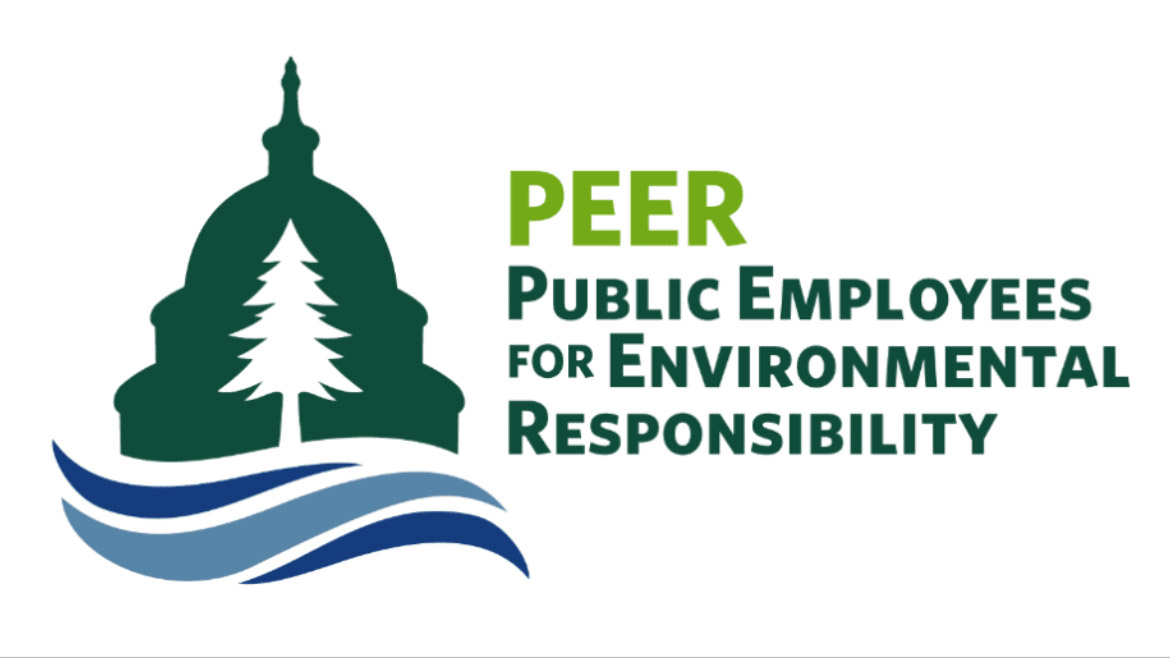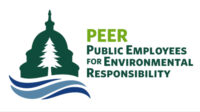PEER: Biden revamp of scientific integrity policies 'falls short'
Draft policies fail to prevent political interference without provisions for independent investigation.

The first revamped agency scientific integrity policy crafted under a Biden initiative leaves a lot to be desired, according to comments submitted by Public Employees for Environmental Responsibility (PEER) and a coalition of ten public health, transparency, and environmental groups. If finalized, this policy would cover all scientists and technical analysts working within the behemoth $1.7 trillion Department of Health & Human Services (HHS) and may serve as the template for new policies that are supposed to be adopted in all other federal agencies doing scientific work.
The HHS draft policy is a culmination of a process for “Restoring Trust in Government Through Scientific Integrity” that President Biden launched just a week after his inauguration. The object was to address how existing scientific integrity policies adopted under President Obama should be strengthened to “prevent improper political interference in…[and] suppression or distortion of scientific or technological findings, data, information, conclusions, or technical results” of the sort that had occurred during the Trump presidency.
As the final step before approval, public comment on the HHS policy concluded in August. In its comments, the coalition of groups highlighted shortcomings, including that the draft policy –
- Fails to prevent political interference with no provision for independent investigation of allegations of misconduct or sanctions for meddling by political appointees;
- Lacks any meaningful legal protections for scientists doing controversial work that may conflict with an agency’s political agenda;
- Contains few safeguards against scientific work being altered or suppressed, such as defined clearance procedures for approving technical publications or presentations.
“Nothing about this proposed policy would prevent a return to the reign of ‘alternative facts’ should Trump be reelected,” remarked Pacific PEER Director Jeff Ruch, pointing out that the White House framework for this policy was composed largely by the same agency's scientific integrity officers who presided over implementing the Obama-era policies which had proven so ineffectual under Trump. "Under this proposed policy, every aspect of enforcing scientific integrity principles would remain a captive of the political process inside the agencies.”
One major gap in the proposed HHS policy is that it does not apply to grantees and, in agencies such as the National Institutes of Health (NIH), much of the scientific work is done under grants. Nor does the draft allow public scrutiny of conflict of interest waivers granted to industry members of federal advisory committees, allowing these key scientific bodies to be stacked.
Perhaps most significant is the lack of transparency pervasive throughout the draft HHS policy, which stipulates that “all descriptions of investigations and appeals will be anonymized.” Further, scientists would be forbidden from “making or publishing statements that could be construed as being judgments of, or recommendations on, HHS or any other Federal Government policy” – a provision that that groups’ comments contend could be “weaponized by bad actors.”
“Little about this proposed policy would restore public faith in the credibility of government science,” added Ruch, arguing that the draft is replete with ways for agencies to quash controversial findings or dissenting views. "Under the guise of scientific integrity, the bureaucratic need to control information has clearly prevailed in development of this proposal.”
HHS has approximately 78,000 employees, most of whom perform scientific or technical work that would be covered by the new policy, working inside 12 divisions and nine separate public health agencies, including the NIH, Centers for Disease Control & Prevention (CDC), and Food & Drug Administration.
See real potential for gagging scientists
Look at where Biden scientific integrity effort went off course
Review the process for developing new scientific integrity policies
Reexamine Biden post-inauguration pledge to restore trust in government science

